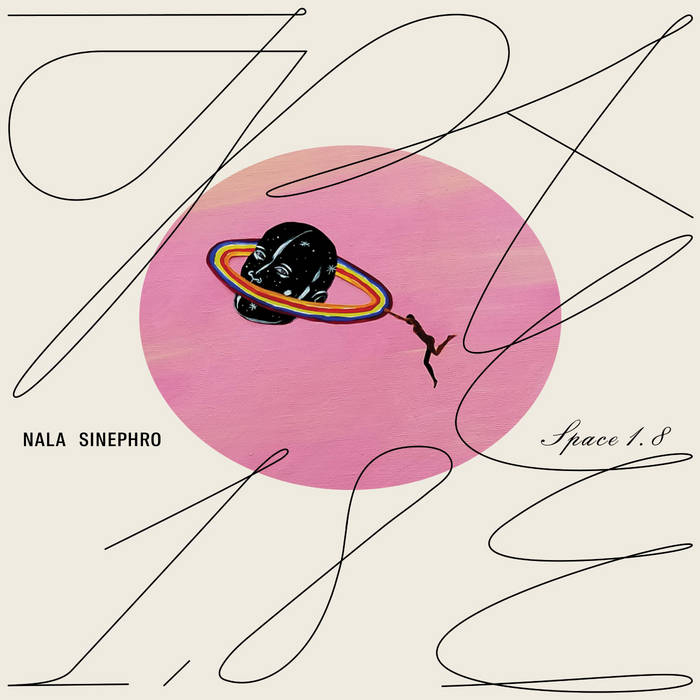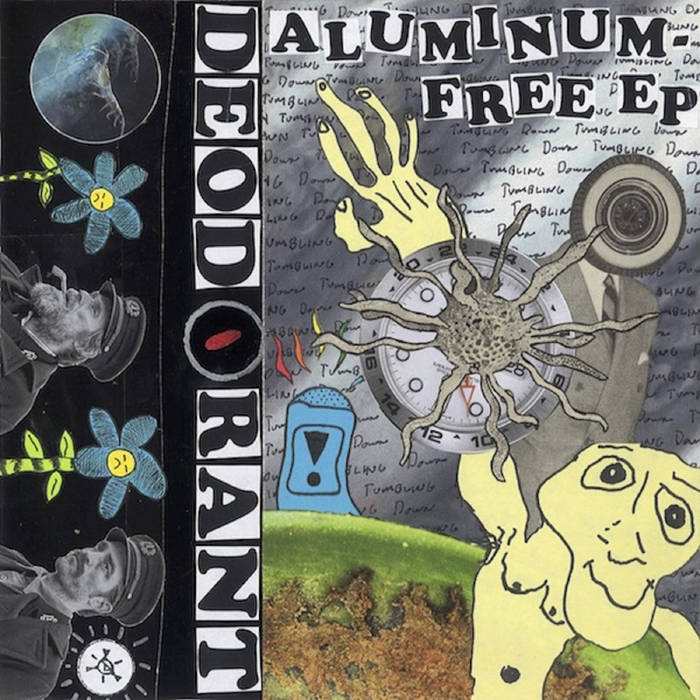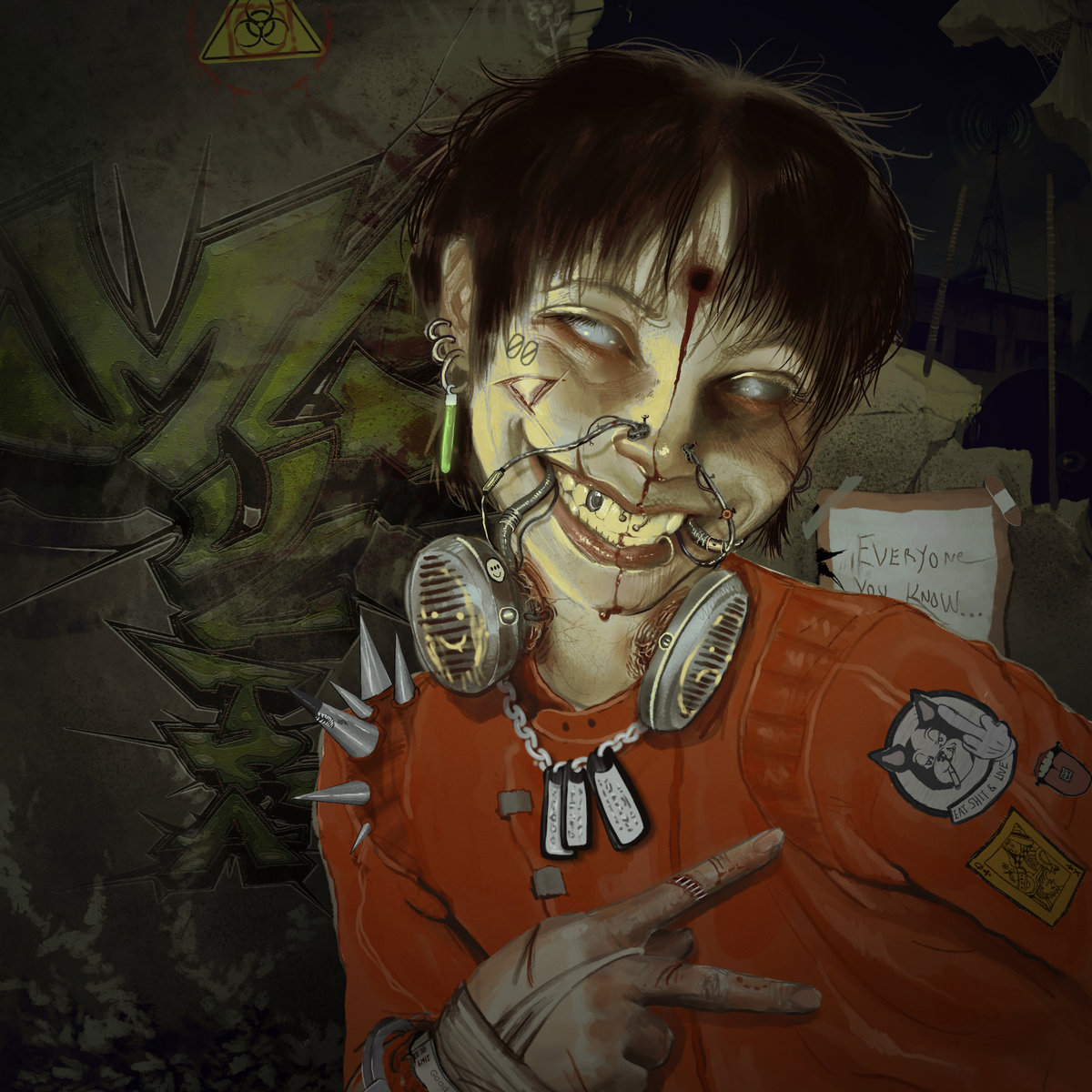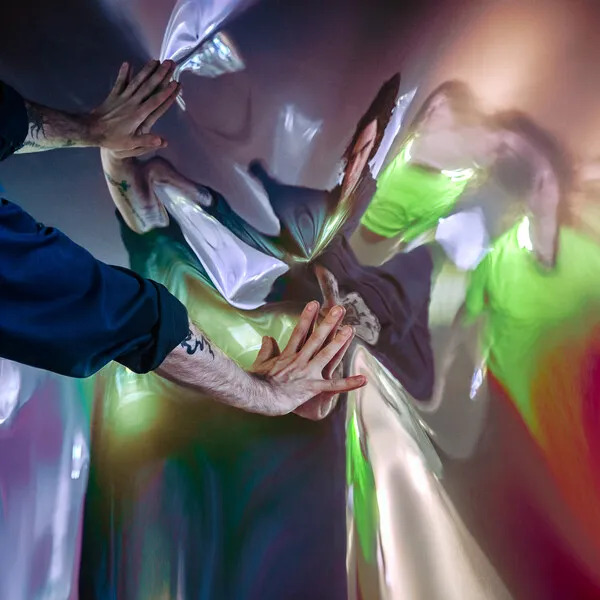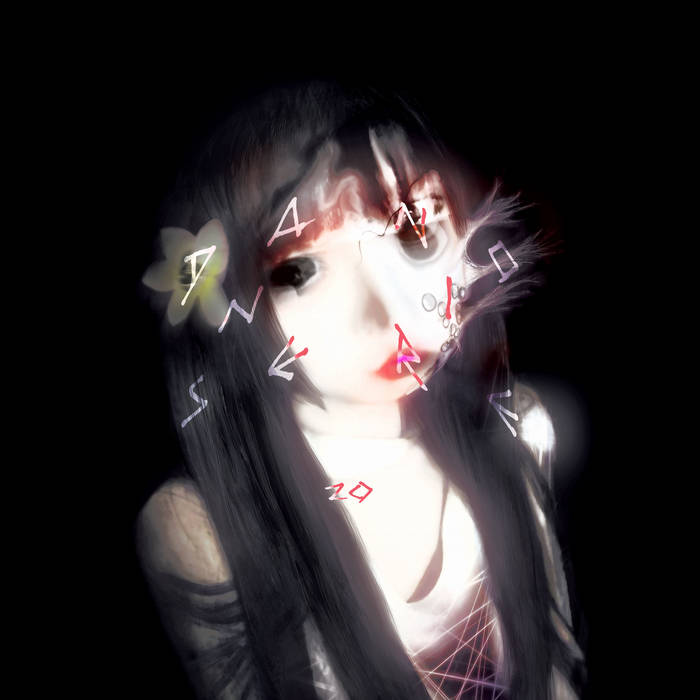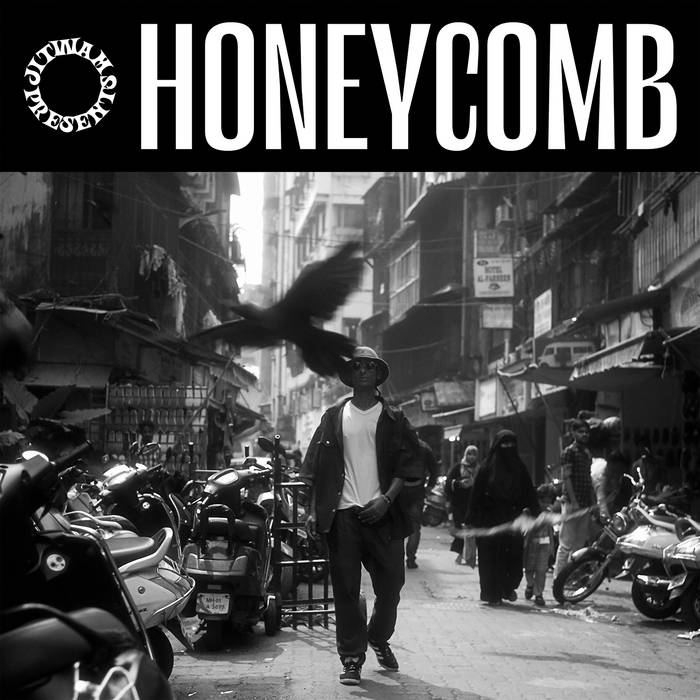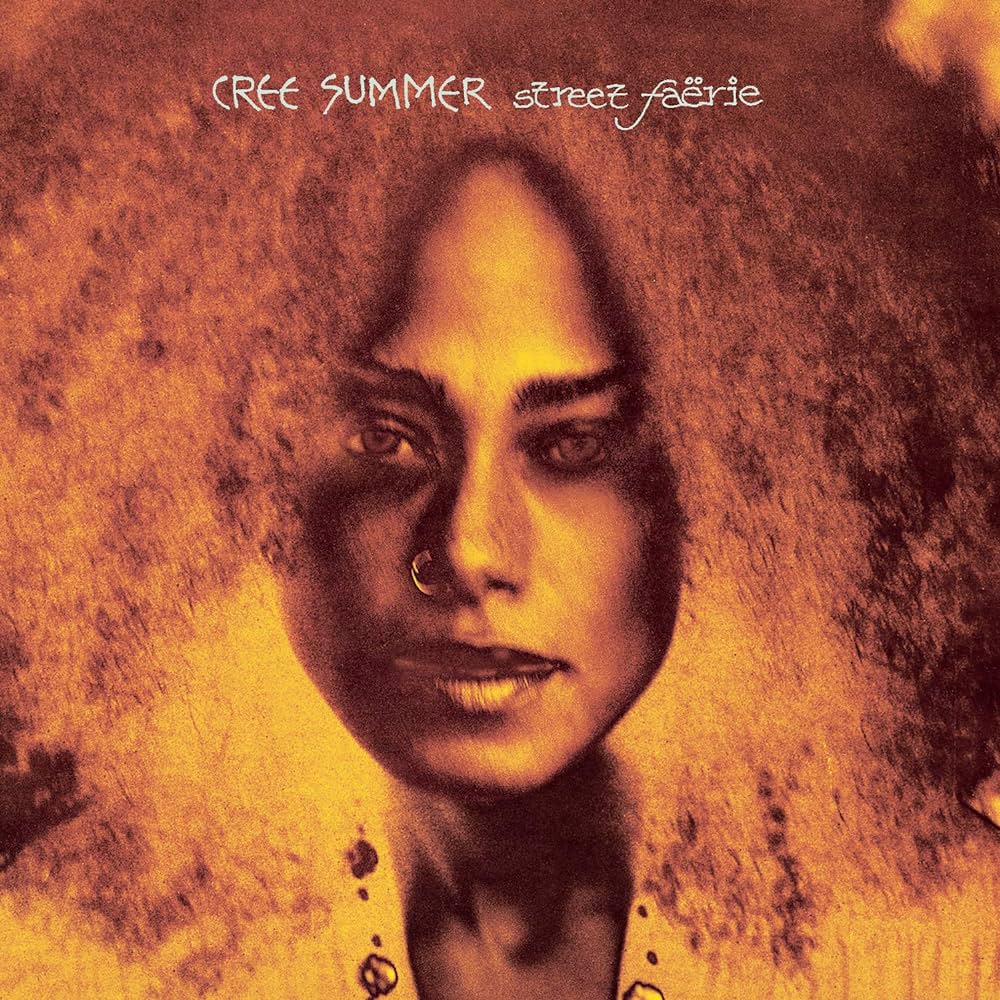FromSoft has finally dropped the long-awaited DLC for Elden Ring. And in classic FromSoft fashion, they’ve casually imbued it with some of the most riveting OSTs of the century.
Quick disclaimer: I’m not a gamer. I’ve tried playing Elden Ring (at my younger brother’s behest) and was laughably horrible, dying immediately any time I encountered one of the hundreds of blood-hungry NPCs that roamed the map.
However, I do love good music, and Shadow of the Erdtree delivers. Here are the (in my expert opinion) best five tracks from the DLC.
“The Twin Moon Knight”
In terms of sheer emotional impact, “The Twin Moon Knight” is comparable to the iconic “Slave Knight Gael” from Dark Souls III.
Undoubtedly a far more complex composition, “The Twin Moon Knight” requires multiple rounds of listening for proper appreciation. Each time I replayed the track, I was struck by a new detail — a backdrop of plaintive vocals, a muted strain of ethereal strings, a subtle callback to Rennala’s theme, etc. — and the song’s tangle of sounds began to solidify into a frankly insane composition.
Where “Slave Knight Gael” is initially slow-moving, laboriously working up to its climax — much like Gael by the end of the game — “The Twin Moon Knight” is quick-to-strike and unrelenting from the first second, popping off immediately with woodwinds, percussion, vocals and heartwrenching strings.
It’s poetry. It’s opera. It’s devastating, and I can’t not go back for more.
By the end of the song, you’ve been utterly sliced to ribbons by ebullient arrangements of overlaid strings and stomped into the dust by a thudding percussive finale. It’s a song of many arcs, richly loaded with atmosphere and lore.
“Divine Beast Dancing Lion”
The Dancing Lion is one of the most grotesque creatures I’ve ever laid my eyes upon. Its corpse-green eyes and pearly white mouth of teeth, paired with its bruised and filthy human limbs, drive me absolutely crazy with revulsion.
It’s only the best kind of ironic that such a uniquely repulsive creature would possess one of the coolest OSTs in the franchise.
Composer Shoi Miyazawa expertly matches the OST’s sound to the beast’s whirling chaos, with susurations of stony male vocals and buzzing strings creating the illusion of churning air. When the Lion reaches its second phase, the atmosphere grows thunderous and the strings reach a frantic, lilting speed.
Arguably one of the most unique tracks from the DLC, “Divine Beast Dancing Lion” is frenetic and unforgettable.
“The Lord of Frenzied Flame”
While “The Twin Moon Knight” and “Divine Beast Dancing Lion” were exemplary for their complex, high-energy compositions, “The Lord of Frenzied Flame” is good because it’s plainly horrific.
From the first note, “The Lord of Frenzied Flame” drips foreboding. A percussive thud barely audible beneath a string and woodwind arrangement gives the impression of footfalls, of a horrible and formidable foe lurching ever-closer.
Also composed by Shoi Miyazawa, this track captures the fight’s — as stated by YouTube commenter TuomasH– “you have to kill this guy before he leaves the room and ends the world” kind of vibe.
Others compare the sound to the Bloodborne soundtrack — dark, dyspeptic and laden with unease. Pure drama from beginning to end.
“The Promised Consort”
This, according to my brother, is the single best track of the franchise. And I think he’s got a good argument going. To put it simply, the song is epic, the perfect backdrop for a long-awaited battle featuring legendary characters.
Twin swells — uproarious symphony for Radahn and delicate strings for Miquella — punctuate the track’s first phase before dissolving into something downright heavenly. Diegetically, the energy is intense, everything culminating in an unforgettable finale.

